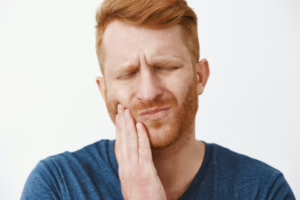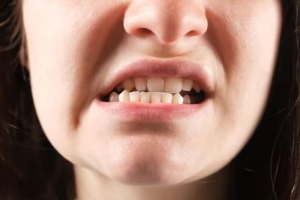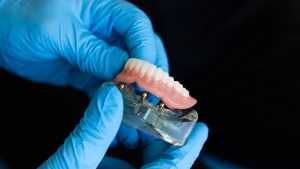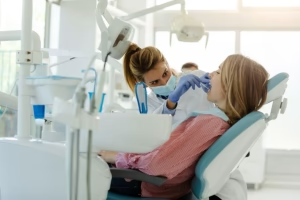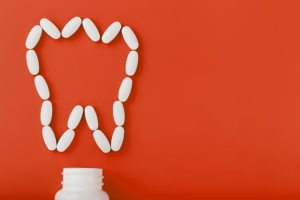Brace yourself: Is it time to get braces?
16 March 2016

When you think of children with braces the unfortunate visual image that often comes to mind belongs to that of an awkward teenager with a mouth full of metal.
What you may not be aware of is that this stereotype is now as out-of-date and brace technology is now far more innovative than in the past, allowing children and adults to get perfectly straight teeth without the awkwardness and embarrassment of metal braces. So are the teenage years really the most common time to have braces fitted as we once all thought, and if not – just when is a good time? Traditionally a child would make their first visit to an orthodontist – the expert who takes care of dental irregularities – as they approached their teenage years and visible signs of crooked teeth had begun to appear; with the development of orthodontic techniques over recent years however, it is now not uncommon for a child to make their first trip to the orthodontist (under the professional advice of their regular dentist and with the supervision of a parent or caregiver!) as young as six years old. Braces don’t just have the sole purpose of correcting meandering molars, they also rectify overcrowded and overlapping teeth as well as providing a remedy for a bad bite (technical term – ‘malocclusion’), all of which can be spotted well before the child approaches their teenage years.
An orthodontist will take X-rays and photos of the mouth giving a comprehensive view of what’s going on and identify any potential problems by the way the teeth are growing even before they’ve started to appear. Identifying a treatment plan from this early stage has many benefits, which make being prepared extremely beneficial. The younger the child, the more soft and pliable their bones are which makes manipulating them to make any corrections a much faster process. It also allows for sound financial planning.
A child can need braces from anywhere between six months and up to four years depending on the level of correction required and although an orthodontist may not recommend that braces are fitted straight away, identifying any future problems will ensure that provisions are made which make sure that caring for your child’s teeth does not fall by the wayside leading to further problems in adult life.
Braces are not just for growing children with crooked teeth, it is now quite normal to see an adult righting their incisors wrongs too. If a medical condition or lack of care as a child has lead to a slanted smile in later life orthodontic treatments are available for the more mature patient too. As unique as human teeth are, there is no ‘one size fits all’ for when braces should be fitted. Children as young as 6 and adults as old as 60 can receive treatment depending on their needs and the right time is as soon as problems are identified at your regular dental check-up.
For more information on braces and alignment treatment for your teeth have a chat with the friendly dental team at MGA Dental Gold Coast or Brisbane team phone Gold Coast (07) 5539 9748 or Brisbane (07) 3273 3343 or visit our website to book your appointment online www.mgadental.com.au or email [email protected]

